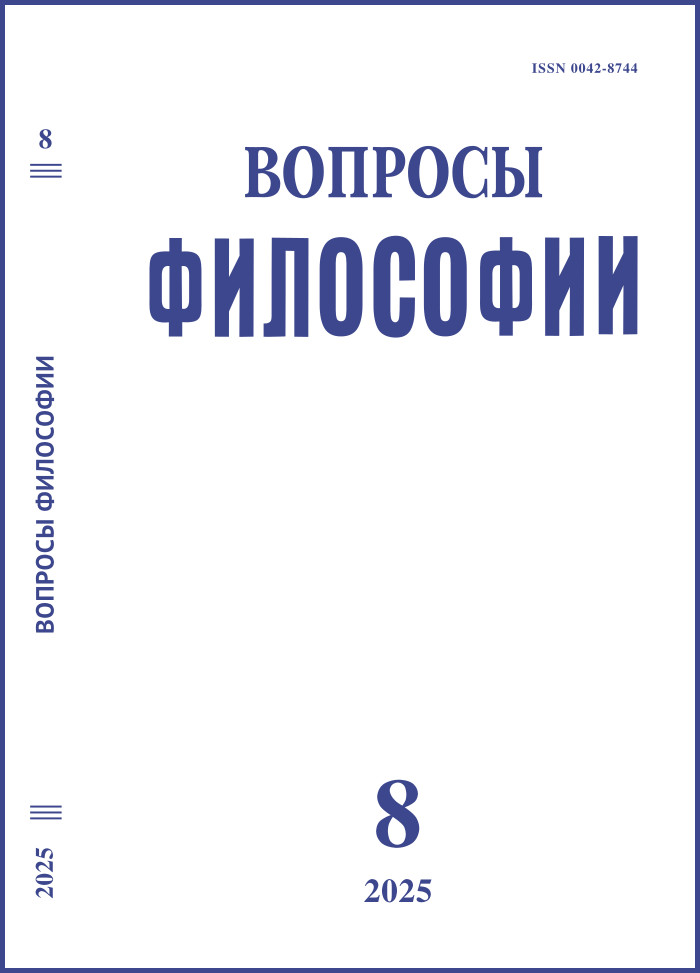Prospects for the “Third Synthesis” in Evolutionary Biology
DOI:
https://doi.org/10.21146/0042-8744-2025-8-47-57Keywords:
evolution, “third synthesis”, genetics, epigenetics, macroevolution, chance, “tree of life”, horizontal gene transferAbstract
The task of combining the theory of evolution with genetics was first posed by Neo-Darwinists in the 1920s, and at that time did not seem particularly difficult. The second evolutionary synthesis was produced by the “synthetic theory of evolution”, the final formulation of which (in the form of clearly formulated principles) coincided with the celebration of the centenary of the publication of Darwin’s “The Origin of Species…” in 1959. However, most theorists did not like the rigid conceptualization of evolutionary ideas, since it limited the freedom of choice of research directions, fixed the miscalculations of Darwinism and did not contribute to the development of knowledge in any way. These circumstances gave impetus to the third synthesis of evolutionary biology, which is still underway and which is represented by a whole range of various theories, many of which have already been refuted. Considering the rapid development of genetics, which is a supplier, among other things, of completely unexpected facts, the question of whether such a combination of theories is possible and, most importantly, whether evolutionary biology needs such a “theory of everything” that even physics, the theoretical harmony of which is the eternal envy of biologists (E. Koonin), seems to be more interesting (and promising). The article shows that a similar situation takes place in modern evolutionary biology: genetics describes a reality of a different order than the Darwinian world of the struggle for existence and survival of the fittest. The reason for the failure of the “third synthesis” comes precisely from a lack of understanding of this difference, and therefore it is most likely that a “theory of everything” for biology will never be constructed.

